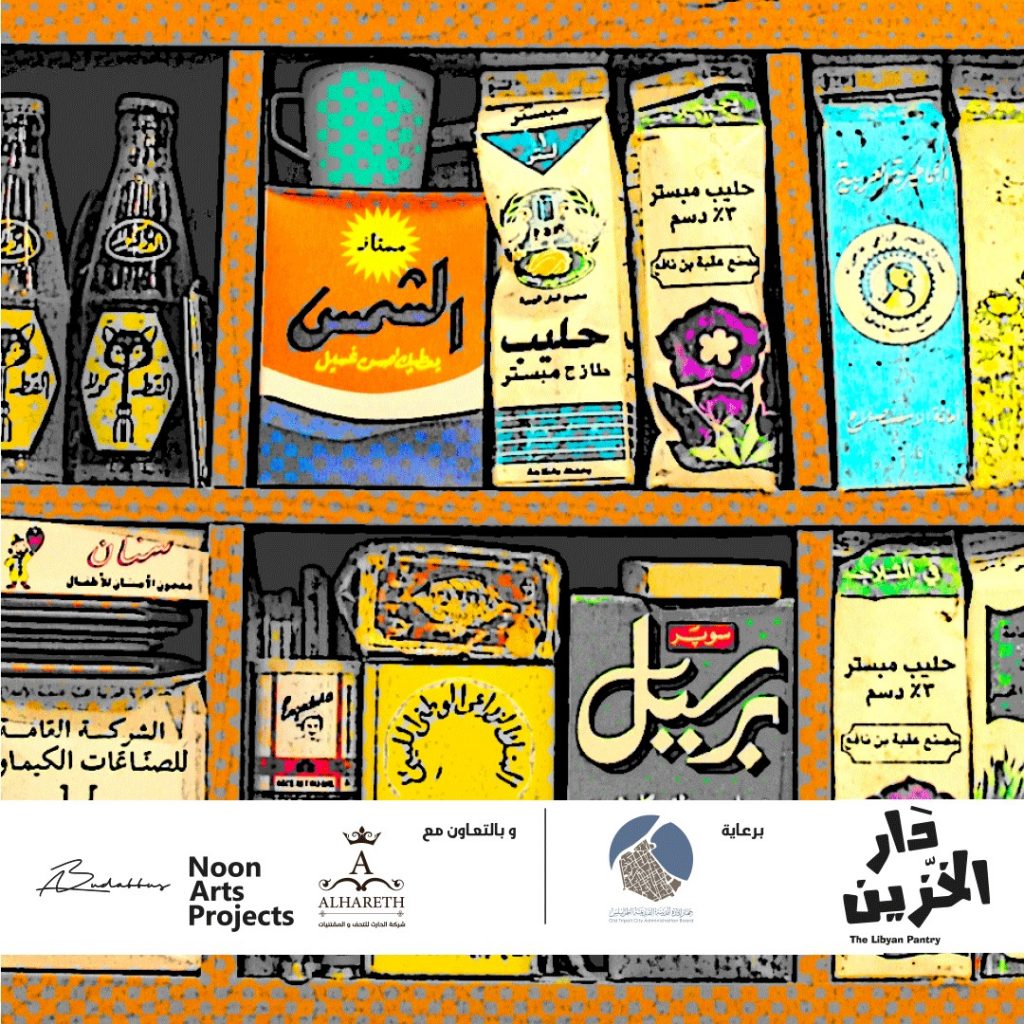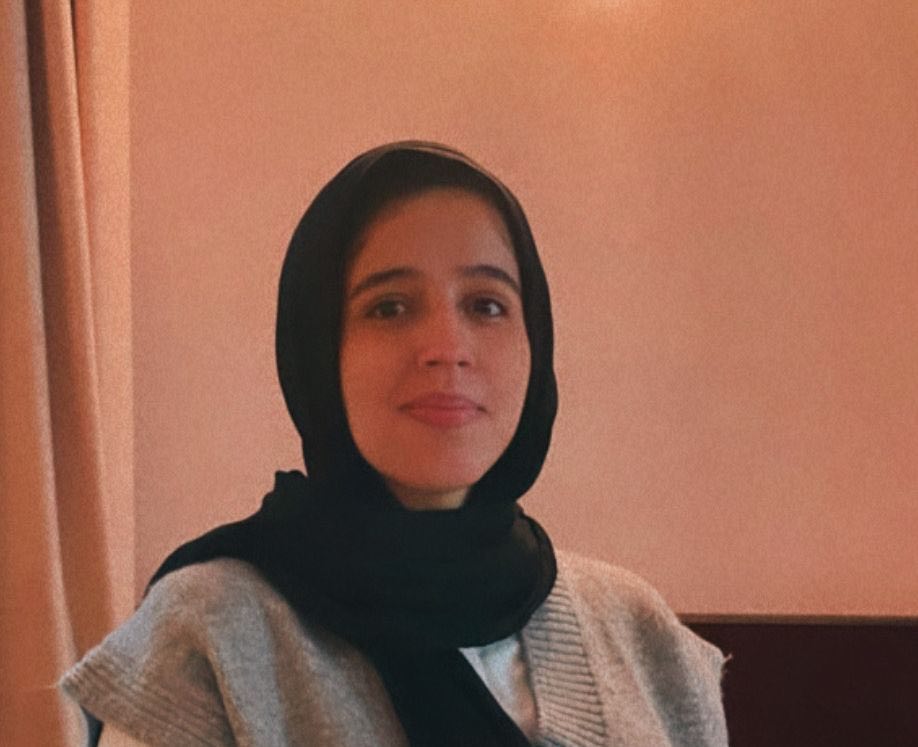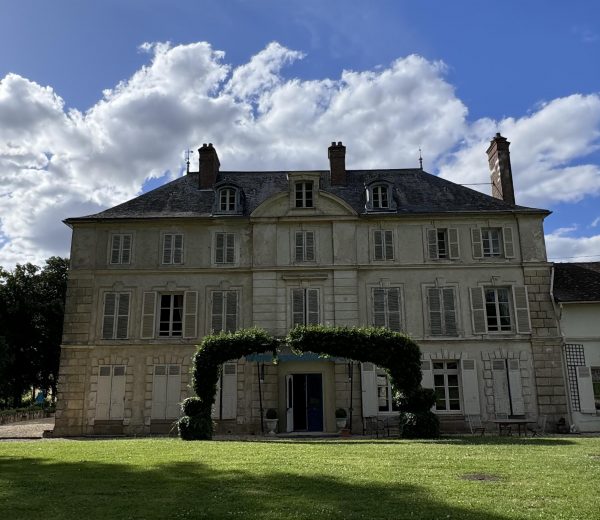
Local products and trademarks profoundly influenced and shaped the local identity of many communities worldwide, including Libya. Many generations grew up on local labels that directly contributed to the core memories of Libyan society. Unfortunately, many brands disappeared in Libya due to numerous factors, be it political or economic.
On Monday, 27, 2023, The Libyan Pantry exhibition (in Arabic دار الخزين). It will be officially open to the public at the Turkish Prison in the old city of Tripoli at 5 pm. The exhibition concept is inspired by the Libyan version of the pantry house called ”Dar Alkhazeen”. It is where many families preserved many items, and it is a crucial part of the Libyan house.
The exhibition aims to rejuvenate the Libyan social memory, reclaim forgotten stories, and introduce younger generations to Libya’s various forgotten labels and products since the early sixties. The founders of the exhibition Alla Budabbus, Hadia Gana, and Najlaa Elageli, have worked to showcase multiple items. It includes artistic elements of graphic design and drawing, including beverages, school exercise books, homemade candy, biscuits, textiles, etc. It has provided tremendous support in collaboration with Alhareth company for antiques in Libya. In terms of providing critical pieces that would enhance the overall exhibition experience.
The press release described The exhibition as ‘to reflect Libyan lifestyles fueled by a consumer culture that refers to the values and rational reasons that have shaped and developed society over the past seventy years.’. The founders of this project began working on developing this exhibition about three years ago through Noun Art. Budabus had a line called Athareyat through which he collected old Libyan logos to preserve them.
At the same time, Budabbus added, they worked on tracking the historical elements to learn critical information linked to them. The decoding process of the local companies, brands, and logos produced an essential past timeline that was not archived. The narrative’s timeline expands throughout the seventies, eighties, and nineties.
”The materials to be displayed, such as copying corporate trademarks, industry logos, posters, and advertising graphics, aim to preserve and document Libya’s visual memory for future generations and to preserve Libya’s modern heritage since its independence.”
In addition, through the Libyan Pantry, it hopes to pay tribute to individuals and families who contributed positively to Libya’s economy and lifestyle. Thus, the journey of tracking the Libyan collective memory is continuous, and the exhibition will expand to include, in future versions, roundtables and interviews for anyone interested in collecting antiques. So, if you are in Tripoli, please make sure to visit the exhibition.









